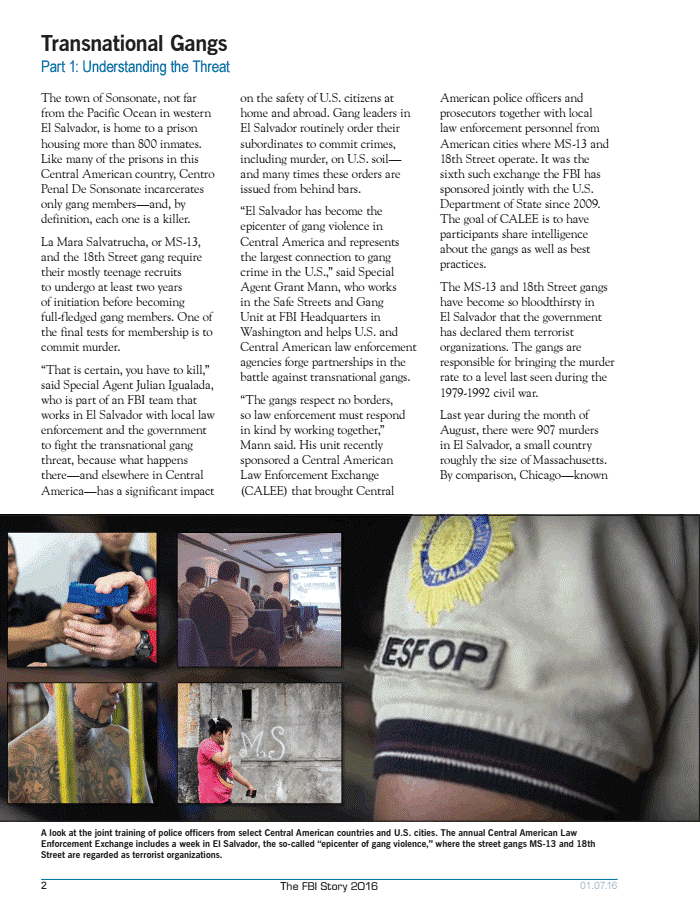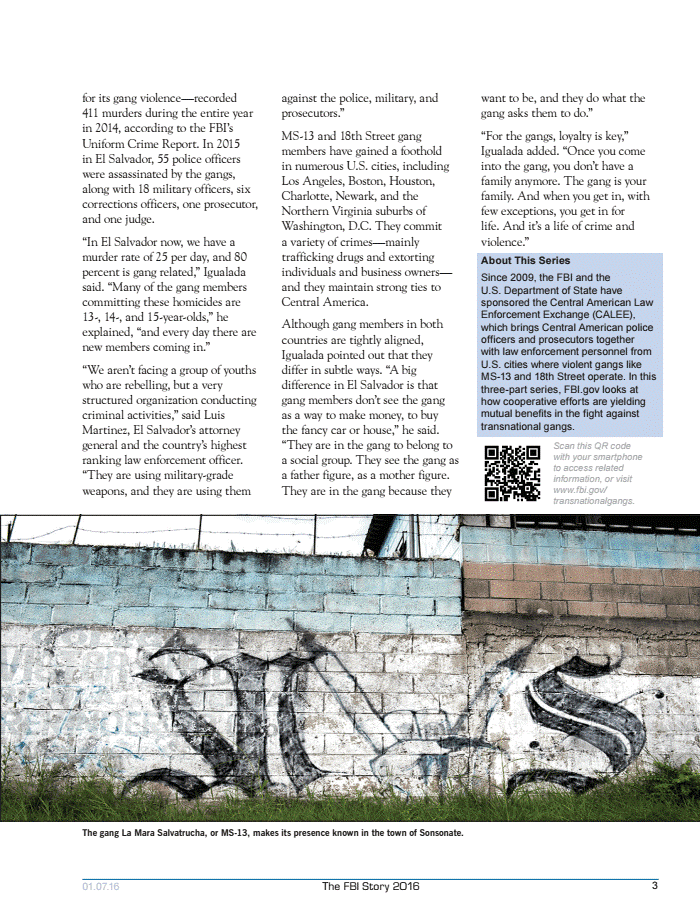November of 2016, this site published a related article: Foreign Spies on our College Campuses
***
Retired Col. Larry Sellin, PhD wrote in part under the title “Replace and Repeal Universities“:
Academic political intolerance or Totalitarianism 101 is both deliberate and as old as the Russian Revolution.
It is based on an essay “Repressive Tolerance” written in 1965 by Herbert Marcuse, an adherent of the Soviet-controlled Frankfurt School, which was the cultural arm of the Communist International founded to undermine western Judeo-Christian democracy from within.
Fred Bauer, in his article “The Left and ‘Discriminating Tolerance,'” captures Marcuse’s inverted logic and identifies the origin of the political intolerance presently practiced at U.S. academic institutions:
“Marcuse argued that, because of the radical repressiveness of Western society, a tolerance for all viewpoints actually contributed to social oppression. A pervasive network of assumptions and biases implicitly privileges the viewpoint of the powerful, so that seemingly ‘equal’ presentations of opposite opinions actually end up benefiting the viewpoint of the powerful. He offered the example of a magazine running a piece criticizing the FBI along with one praising the FBI. Fair and balanced? Not so fast, Marcuse said: ‘the chances are that the positive [story] wins because the image of [the FBI] is deeply engraved in the mind of the people.’ Because of social programming, the inhabitants of a given society automatically favor certain values. The ideological playing field’s lack of levelness means that seemingly equal presentations of ideas are not really equal.” Full article here.
*** Yes this is proven and bad enough, but there is more.
On April 13-15, the King Fahd Center for Middle East Studies at the University of Arkansas held a symposium on so-called “honor violence,” as exemplified by honor killings, forced marriage, and other such delightful acts.
The Center, as its website informs us, “was founded with a $20 million endowment from the Saudi government in the mid-1990s. An initial endowment of $2 million, dedicated toward language, literary translation and publication was followed by a much larger $18 million gift designed to spark the foundation of a comprehensive Middle East Studies program at the undergraduate and graduate levels.” Read more here.
Okay, then we have this one:
The FBI raided the school 4…..FOUR years ago!
In an exclusive investigation, Fox News reports:
Based just four miles from the Pentagon in northern Virginia is an innocuous-sounding online school for “management and technology” – which a Fox News investigation reveals has been at the center of multiple federal probes about its leadership’s alleged ties to the Chinese military and whether thousands of records from U.S. service members were compromised.
The University of Management and Technology in Rosslyn, Va., which opened in 1998, touts a campus in Beijing and “partnerships” with universities around the world. The U.S. taxpayer-funded school claims to have had 5,000 graduates in the last five years and to be “especially proud of our students stationed in US military bases around the globe.”
However, there is another side to the school’s leadership that drew the attention of the FBI, the Justice Department, the Pentagon, Immigration and Customs Enforcement, and the Naval Criminal Investigative Service (NCIS) since at least 2012 — and perhaps as early as 2009.
In December 2012, the FBI made two very public raids of UMT and the northern Virginia home of university president Yanping Chen Frame and its academic dean, her husband J. Davidson Frame. Documents reviewed by Fox News show it was a counter-intelligence case, known as a “200d,” one of the most highly sensitive categories for a federal probe.
Photos, exclusively obtained by Fox News, appear to show Chen as a young officer in the People’s Liberation Army, the military wing of China’s communist party. Another photo shows Frame saluting his wife, Chen, who is holding a uniform. Three independent experts said it was a Chinese military colonel’s uniform.
Yet since those FBI raids, UMT has continued to collect more than $6 million from Defense Department tuition assistance programs as well as the Department of Veterans Affairs through the post-9/11 GI bill.
“It’s a bad deal for the soldiers, and it’s a bad deal for the taxpayer,” Stephen Rhoads, a military veteran turned whistleblower who says he worked with the FBI on the case, told Fox News in an exclusive interview. “Nobody’s getting what they paid for.”
Rhoads said he worked at UMT recruiting vets when the FBI approached him in 2012 regarding the federal investigation. Emails and other documents reviewed by Fox News corroborate key elements of Rhoads’ story.
“One of the first sentences she [Chen] ever threw out — after she found out I was an Army officer, was, ‘Well … I was a colonel in the army,’” Rhoads explained. “During our first face-to-face encounter, absolutely … she did not deny it.”
Rhoads said he thought Chen meant the U.S. Army, and asked whether she trained in Texas. “She laughed and said, ‘Oh, no, I was in the Chinese army, you know.’”
Chen, 64, came to the United States in 1987 from Beijing on a non-immigrant visa with her daughter Lele Wang. The Chinese government funded Chen’s research at George Washington University where she received a Ph.D. in Public Policy in 1999, the year after UMT was created.
While Rhoads says Chen was upfront about her Chinese military experience, he claimed she hid those ties on immigration applications. Fox News reviewed Chen’s immigration records where she consistently denied ties to the Chinese or any foreign military. When asked, “Have you ever been a member of, or in any way affiliated with, the communist party or any other totalitarian regime?” Chen checked “no.” She would later become a naturalized U.S. citizen.
While there are no U.S. laws preventing a naturalized citizen from running a school like UMT, the Fox News investigation found that Chen’s ties to the Chinese military appear to run deep.
Three outside experts consulted by Fox News confirmed the authenticity of the Chinese uniforms in the photos of Chen and Frame.
“If somebody was wearing that uniform, I would say that there’s a very great likelihood that they were in the People’s Liberation Army,” Dennis Blasko, a leading Chinese military expert said, referring to the photo of what appears to be Chen in uniform.
Asked about the photo of Frame saluting his wife, Blasko observed, “This is a P.L.A. officer’s uniform — active duty — from between 1987 and 2007 … And from the epaulettes, we can see this — three stars and two red stripes would be a full colonel.”
Blasko emphasized that P.L.A. insignia can only be purchased with the permission of the Chinese military, and “you would have to have a certificate from your unit to buy [it.]”
Blasko, a West Point graduate who worked as a military attache in China, wrote “The Chinese Army Today: Tradition and Transformation for the 21st Century,” one of the definitive books about the Chinese military.
In her George Washington University dissertation, Chen thanks her father, a P.L.A. general, who directed arms and technology development. “My father, General Chen Bin, gave me the inspiration to pursue this area of study,” Chen wrote. “As former Chairman of COSTIND (1982-87), he was an important player in supporting and directing the (Chinese) space program.”
In her 2012 FBI interview, Chen denied she ever was a colonel in the P.L.A., emphasizing she had worked as a doctor in the Chinese space program. Chen said it was a “civilian agency.” The interview summary suggests federal agents challenged Chen’s characterization. Outside experts told Fox News the Chinese civilian and military space programs are intertwined.
While Chen’s immigration application is more than a decade old, and past the five-year statute of limitations, there may be a “continuation” of fraud, according to Ray Fournier who worked with the State Department’s office of diplomatic security for more than 20 years. Fournier, an expert on visa and passport fraud, worked for the Joint Terrorism Task Force in San Diego, where his investigative work led to an arrest warrant for the American-born cleric Anwar Awlaki, who was later killed by the CIA.
Fournier said, “If she has marked ‘no’ on the petition, but if in fact, the answer is yes … then we have a false statement. And where that comes into play, most assuredly, is in the arena of passport fraud. It is this application.” With each renewal of Chen’s U.S. passport, Fournier said, investigators should determine whether the falsehood was repeated. “These are issues of inadmissibility,” he said.
While going through the immigration process, Chen was also launching what would become a multi-million-dollar online academy. But that academy’s work would eventually attract the attention of federal investigators, who questioned whether students’ records were remotely accessed from China.
Before the 2012 raid, Chen’s daughter Lele Wang who also works at UMT, told the FBI that “‘Contractors’ in the UMT Beijing Office have [administrator] privileges” to access the student database.
Rhoads said UMT recruited service members who provided their military history when they enrolled. “It got uploaded into an O-drive, they called it … their personal military bio, you know, where they were trained, how they were trained, how long, that could be remotely accessed.”
Rhoads said Chen had a particular interest in Ohio’s Wright-Patterson Air Force Base, which is a research and technology hub.
And there was more. “She wanted me to go out to these remote reserve and National Guard centers, you know … in small-town America and start gettin’ U.S. soldiers from those centers. Get their information, basically. Who’s out there in the woods? How many units we got?”
Rhoads recalled to Fox News that he was instructed by the FBI to tell Chen that he was going to testify before a Virginia grand jury. “They wanted to, I guess see how … she would react.”
At the time, Rhoads said Chen had no idea he was working with the bureau.
He said, “Well, at this point, she didn’t know I was working for them at all. And she’s like, ‘Oh, you don’t tell them anything. We don’t know each other. You don’t … know what you don’t know,’ was her buzz phrase. ‘You don’t — you don’t know I was a colonel in the P.L.A. They’ll never have proof to say that’.”
Emails obtained by Fox News show Rhoads and at least one FBI agent alerted the Defense Department, but another Memorandum of Understanding (MOU) was signed in 2014 through 2019 allowing UMT to collect millions in federal taxpayer aid.
An FBI agent in one email exchange wrote, “I let my management and the AUSAs [assistant U.S. attorneys] know about her renewal with DoD. Incredible.”
Asked about the renewal, as well as whether DoD personnel were warned and additional steps were taken to vet UMT, the DoD chief for Voluntary Education Assistance, Dawn Bilodeau, referred questions to Pentagon spokesperson Laura Ochoa. In an email, Ochoa said, “In light of reports regarding University of Management and Technology (UMT), the Department is reviewing the DoD MOU signed between the institution and the DoD for compliance.”
No one has been charged with any crime in connection with the investigation. Sources told Fox News that Assistant U.S. Attorney for the Eastern District of Virginia James P. Gilllis got the case, but there was a disagreement with the FBI over how to proceed, based on the case law and the extent to which sources and methods would be revealed.
Neither the FBI nor a spokesman for Gillis would comment to Fox News but separately, a spokesman for NCIS said they cannot comment on an “ongoing investigation.” A FOIA request filed by Fox News Senior Executive Producer Pamela Browne confirmed an NCIS investigative file for UMT.
Fox News made repeated requests by phone and via email for interviews with Yanping Chen and J. Davidson Frame. After Chen’s daughter said they were too busy to prepare and traveling out of town, Fox News went to their offices in Rosslyn, Va.
A school representative, who would not identify himself, confirmed Chen and Frame were in the office that day, but after learning Fox News was at the front desk, the couple refused to come out. Fox News’ questions covered how UMT was run, Chen’s suspected military ties, whether service members’ records are secure, and how millions in taxpayer dollars are spent.
Fox News also sent a series of questions to the Chinese embassy in Washington, D.C., but there was no immediate response.
According to UMT, nearly 20,000 students have studied there, while 10,710 have earned degrees.





